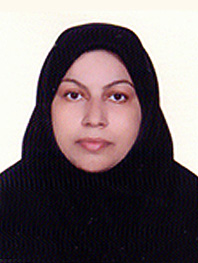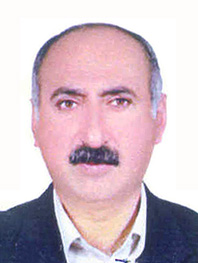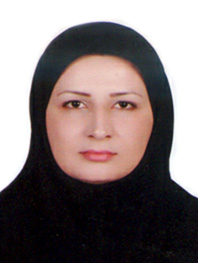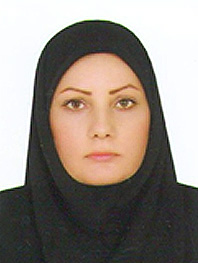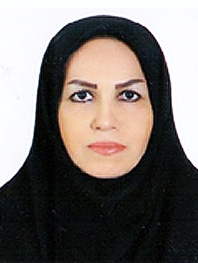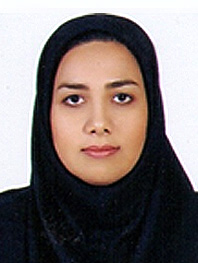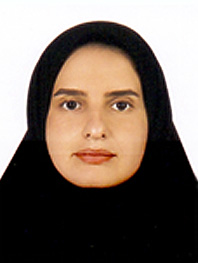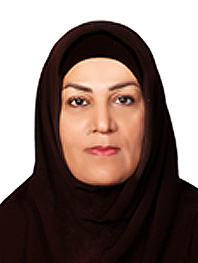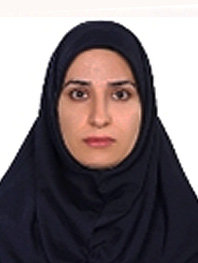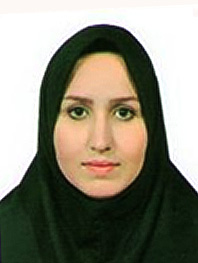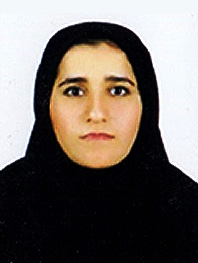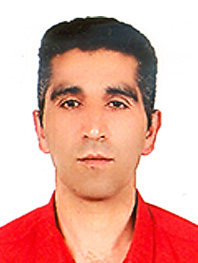The department of Agronomy and Plant Breeding is a core element of RRII. Over the past three decades, demands for new rice varieties have increased to feed growing population at country scale. The key to success is that it aims to identify, isolate and release high-quality rice varieties with reasonable yields. Also, traits have been conducted in this way to introduce disease and pest resistance, biotic and abiotic stress tolerances, anti-lodging, early maturing varieties and high nutritional quality. Furthermore, the mandate of agronomy branch of DAPB is to research issues related to rice nursery managerial practices, and seed to seed cultivation packages. Accordingly, the DAPB focuses are to raise rice grain quality and quantity, using conventional, hybrid rice, mutation breeding, tissue culture, and biotechnology techniques. Tissue culture, biotechnology, grain physiology, grain analysis and grain quality laboratories have been established to realize the abovementioned aims and objectives.
Agronomy and Plant Breeding (DAPB)
Research activities
– Genetic diversity of rice varieties
– Parental selection for rice hybridization
– Local varieties mass purification
– Preliminary yield trails
– Advanced yield trails
– Participatory varietal selection
– New rice varieties release
– Second crop in rice -based cropping system
Achievements
– Localization of hybrid rice technology
– Introducing and releasing more than 50 rice varieties
– Optimization of grain quality characters (Amylose, paste viscosity properties, …)
– Mass purification of Hashemi rice Variety
– Ratoon technology introducing
– Introducing more than 10 crops as second crops in rice-based cropping system
– Rice – duck, and rice-fish systems
Qualitative and Quantitative characters
| Khazar Variety | Guilaneh Variety | Shiroodi Variety | |
| Breeding method | Imported varieties | Back crossing | Simple crossing |
| Parents | TNAU 7456 IR2071-625-1-52/ | [Abji Booji×(Abji Booji×Saleh)] | Khazar/Dilemani |
| Yield(tha-1) | 5-6 | 5-5.5 | 7-7.5 |
| Maturity (days) | 125-130 | 110-115 | 130-135 |
| Plant height (cm) | 120-125 | 105-110 | 110-115 |
| Tiller number | 15-16 | 20-21 | 18-19 |
| 1000 grain weight (g) | 24.5-25 | 24-25 | 26-27 |
| Awn | No | Yes | No |
| Grain length (mm) | 7.39-7.40 | 7-7.10 | 8-8.1 |
| Grain width | 1.91-1.95 | 2-2.1 | 1.9-2 |
| Grain shape | Long | Long | Long |
| Amylose content | 23-24 | 20-21 | 23-24 |
| Gelatinization temperature (˚C) | >75 | 70-75 | 70-75 |
| Aroma | No | Yes | No |
| Blast disease | Tolerant | Tolerant | Tolerant |
| Lodging | Tolerant | Tolerant | Tolerant |
| Origin | Iran-Guilan province | Iran-Guilan province | Iran-Mazandaran province |
A New Rice Cultivar Using Pure Line Selection
One of the important methods in the production of new rice varieties is the use of the pure lines selection from the mass native rice. Hashemi is one of the popular cultivars which is cultivated over the years by rice farmers. Also, the quality of cooking and eating consequently favorable marketability is another reason for the continued cultivation of this cultivar.Continuous rice cultivation and the use of self-cultivating seed of this cultivar has led Hashemi to become a massive inpurity variety in the Guilan province. Accordingly, the all suited lines of this massive impure papulation were collected and selected from 2010 and their genotype varieties confirmed by molecular marker breeding (genotyping).This breeding programme has provided 35 pure lines with considerable gentic varieties, all named Hashemi. Sixteen out of these new recognized rice lines (35) finally selected through sustainability and yield evaluation over four years trails. Selection of pure lines was carried out based on plant height, earliness, grain length and cooking quality characters. Out of the 16 top lines, the best line has been selected for the mother and certified seeds production process. Over the course of two years, 2016 and 2017, about 1,500 tons of certified seeds were produced and distributed to rice farmers and were widely welcomed.

Some of DAPB Published papers
Hosseini, Maryam, Saadolah Houshmand, Shahram Mohamadi, Alireza Tarang, Mahmood Khodambashi, and Hossein Rahimsoroush. “Detection of QTLs with main, epistatic and QTL× environment interaction effects for rice grain appearance quality traits using two populations of backcross inbred lines (BILs).” Field crops research 135 (2012): 97-106.
Taghipour, Ahmad Mollazadeh, Alireza Tarang, Nasser Zare, Moslem Pourebrahim, Ramin Seighalani, and Mahdi Ghasemi Selakjani. “Expression analysis of five critical transcription factors (TFs)’OsbHLH148, OsbZIP72, OsMYB2, OsNAC6 and TRAB1’in response to drought stress in contrasting Iranian rice genotypes.” Plant Omics 9, no. 5 (2016): 327.
Tarang, Alireza, and Anahita Bakhshizadeh Gashti. “The power of microsatellite markers and AFLPs in revealing the genetic diversity of Hashemi aromatic rice from Iran.” J. Integr. Agric 15 (2016): 1186-1197.
Olfati, Jamal-Ali, Mohammad-Bagher Mahdieh Najafabadi, and Mohammad Rabiee. “Between-row spacing and local accession on the yield and quality of garlic.” Comunicata Scientiae 7.1 (2016): 112-121.
Malakooti, Seyedeh Hamideh, Majid Majidian, Seyyed Mohammadreza Ehteshami, and Mohammad Rabiee. “Evaluation of iron and zinc foliar and soil application on quantitative and qualitative characteristics of two soybean cultivars.” IIOAB JOURNAL 8, no. 3 (2017): 1-7.
Allahgholipour, Mehrzad, Ezatollah Farshdfar, and Babak Rabiei. “Combining ability and heritability of selected rice varieties for grain yield, its components and grain quality characters.” Genetika 47, no. 2 (2015): 559-570.

Farzin Pouramir
-Assistant professor

Shahram Nazari
-Assistant professor


